News
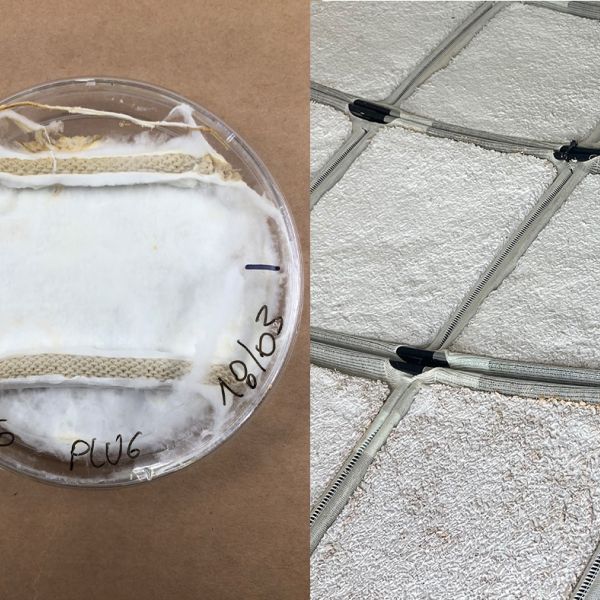
Oct 15, 2024
Fungi Futures exhibition showcases work of Stuckeman architecture researchers
Three projects from researchers in the Stuckeman Center for Design Computing that focus on using mycelium, the root of fungus, as sustainable architectural components are featured in the “Fungi Futures: Exploring Mycelium in Product Design and Crafts” exhibition in the gallery of the (con)Temporary CRAFTS STUDIO in Bremen, Germany, which opened Sept. 21.
Full Article
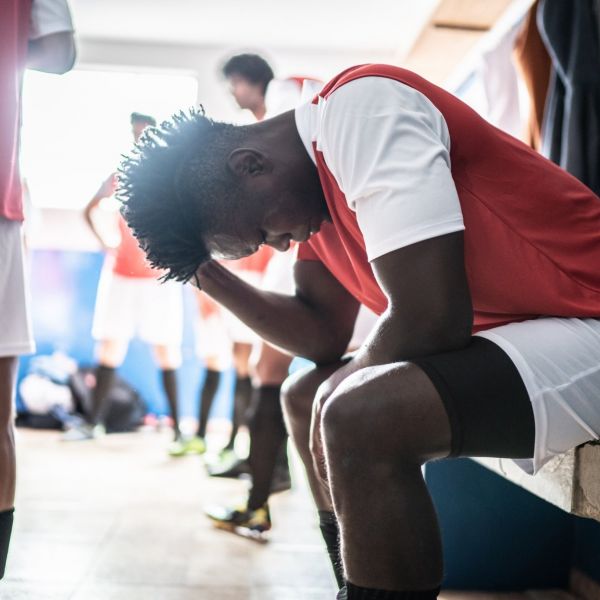
Oct 14, 2024
Co-occurrence of depression and concussions amplify symptoms of both conditions
A new study led by researchers in the Penn State Department of Kinesiology demonstrated that the co-occurrence of depression and concussion was associated with significantly worse symptoms for both conditions.
Full Article

Oct 11, 2024
Q&A: Can electricity treat high blood pressure?
Zhou, assistant professor of engineering science and mechanics and of biomedical engineering, received a five-year, $1.83 million grant from the U.S. National Institutes of Health to develop a soft and stretchable tissue-like electronic device for the treatment of resistant high blood pressure.
Full Article

Oct 11, 2024
Penn State researchers earn funding for sustainable weed and insect management
Three Penn State research teams have received awards totaling $1.78 million from the U.S. Department of Agriculture's National Institute of Food and Agriculture to investigate climate-smart approaches to pest control in agriculture.
Full Article
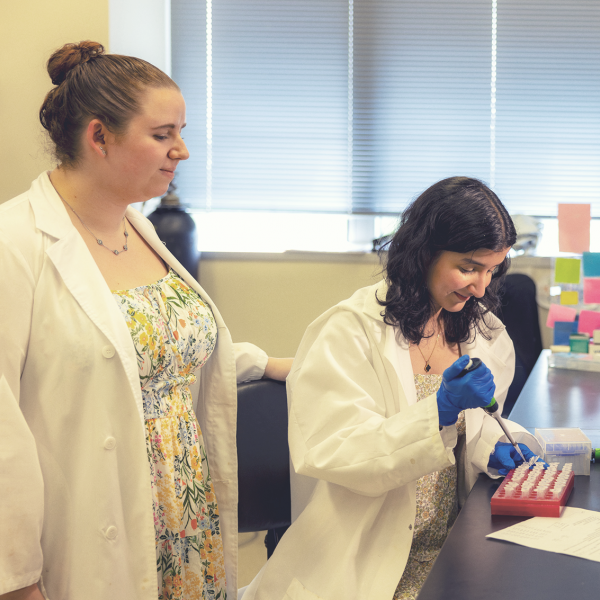
Oct 11, 2024
Toxic protein may contribute to ALS development
New study elucidates the physiological processes that may contribute to ALS development and identifies a potential therapeutic target
Full Article
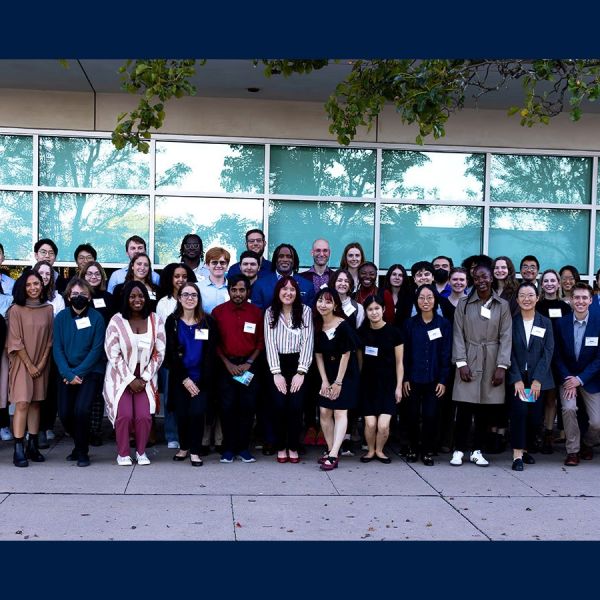
Oct 10, 2024
University fellowships awarded to 110 graduate students
The J. Jeffrey and Ann Marie Fox Graduate School at Penn State named 110 graduate students as recipients of the 2024-25 University Graduate Fellowships and Distinguished Graduate Fellowships. The students were honored on Oct. 3 at a reception held at the Bryce Jordan Center.
Full Article
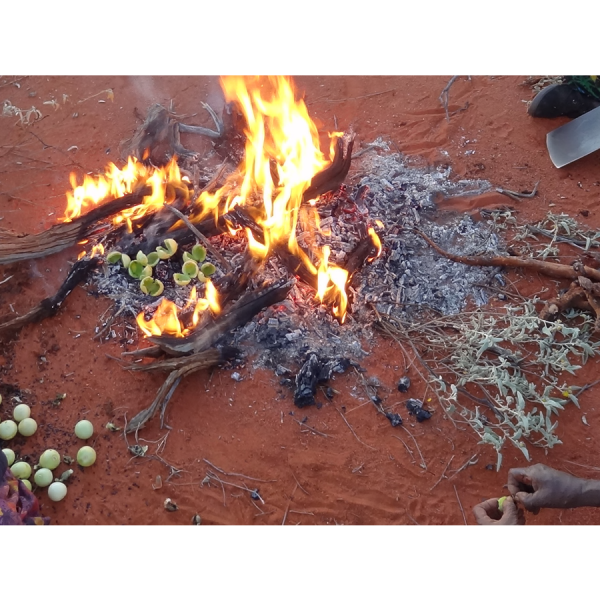
Oct 10, 2024
Landscape effects of hunter-gatherer practices reshape idea of agriculture
Indigenous hunter-gatherer practices play key role in plant dispersal, genetic diversity and conservation, according to new research led by Penn State anthropologists.
Full Article

Oct 10, 2024
AI decodes microbes’ message in milk safety testing approach
By combining the genetic sequencing and analysis of the microbes in a milk sample with artificial intelligence (AI), researchers were able to detect anomalies in milk production, such as contamination or unauthorized additives.
Full Article
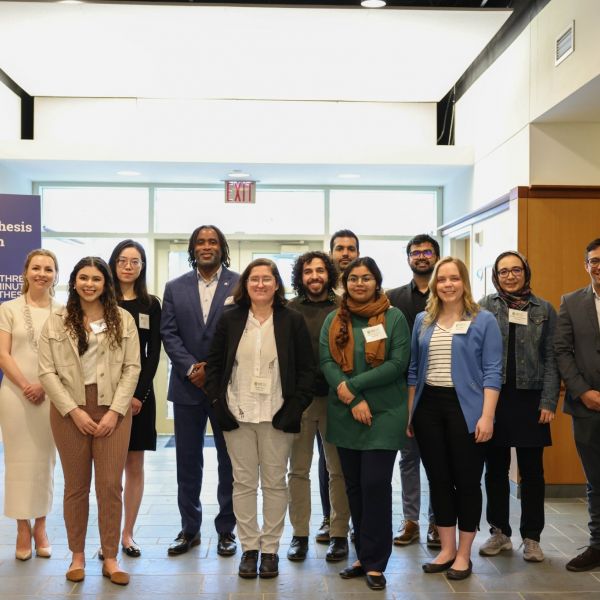
Oct 09, 2024
Three Minute Thesis competition provides lasting impact for graduate students
In the final round of the first Penn State Three Minute Thesis competition in March 2024, 11 graduate students took the stage at the Penn Stater Hotel & Conference Center to show off their research, represent themselves, and compete for both prize money and the opportunity to compete in a regional 3MT competition.
Full Article
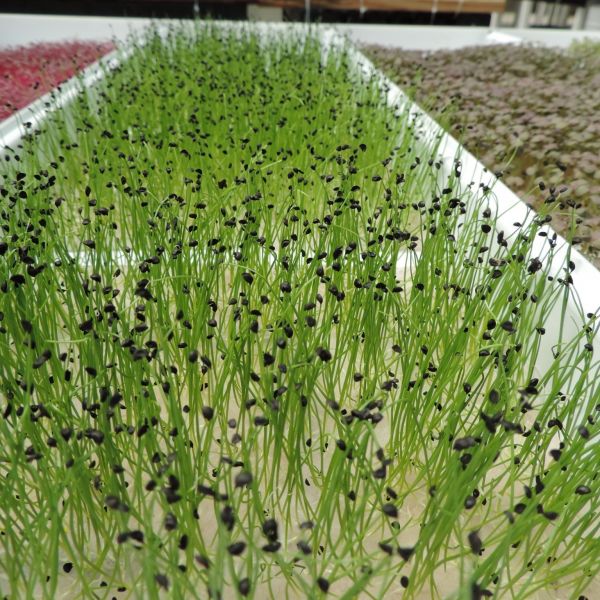
Oct 08, 2024
New project to support microgreens producers with risk management education
Faculty members in Penn State’s College of Agricultural Sciences have launched a new project to help agricultural producers tackle the challenges of microgreens production.
Full Article